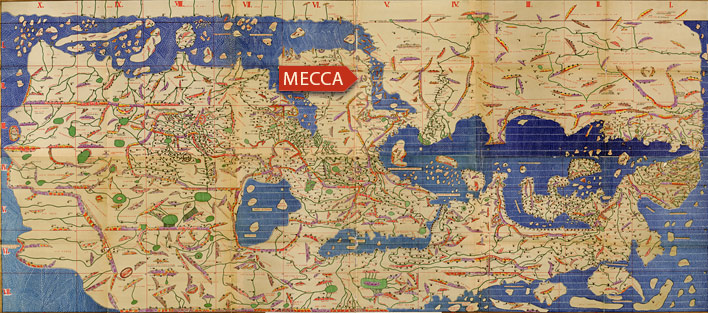
Muhammad: Origins of Islam
Muhammad was tasked to revitalize the original monotheistic faith of Adam, Abraham and other prophets whose messages had become misinterpreted or corrupted over time.

The Pre-Islamic World
The predominance of vast barren desert left the Pre-Islamic Arabian Peninsula unattractive to the competing Byzantine and Sasanian Empires. Locally, scarce resources meant that survival depended upon close-knit family and kinship groups or “tribes.”
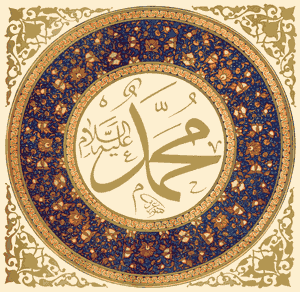
Jahiliyyah, “The Time of Ignorance”
Despite an apparent code of chivalry (muruwah), by the end of the sixth century Arabs considered their own tribe first before anything, no matter what a tribe member had done.
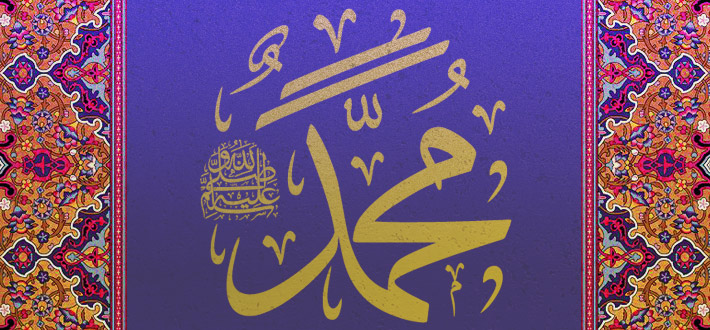
The Life of Muhammad
Orphaned at 6, Muhammad was saved from a life of slavery by his uncle who gave him a job in his successful caravan business. Married to a successful businesswoman in her own right, Muhammad saw firsthand how the leading families of the Quraysh lived.

Muhammad the Messenger
Muhammad had developed a refined integrated understanding, an intuitive capacity to connect to what has been referred to throughout our religious history as God/Truth/Knowledge/Love.
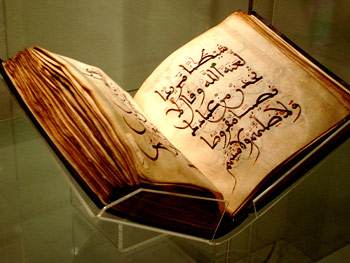
Understanding the Qur'an
Traditionally it is understood that there are seven levels of understanding possible in the passages of the Qu’ran.
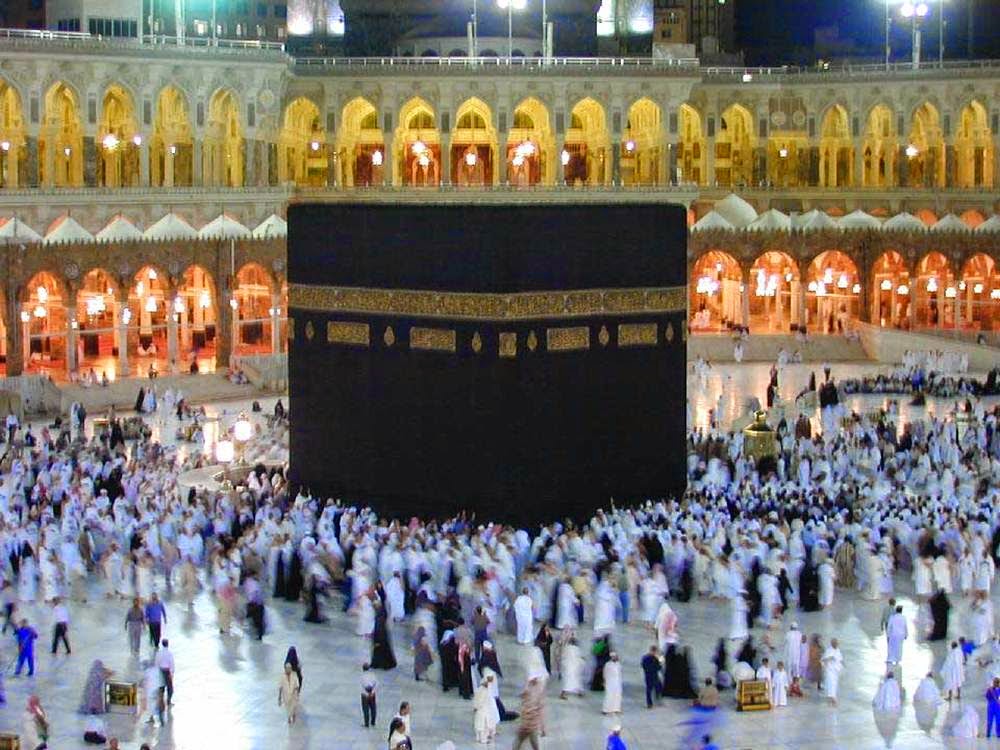
A New Mindset
In addition to emphasizing a belief in one God and the importance of ethical behavior in all aspects of life, the new mindset promoted by Prophet Muhammad focused on personal responsibility and self-improvement, and on social justice and equality. He emphasized compassion, empathy and forgiveness and encouraged people to “Blossom Forth,” that is to strive to realize their full potential for positive change and for the benefit of others.
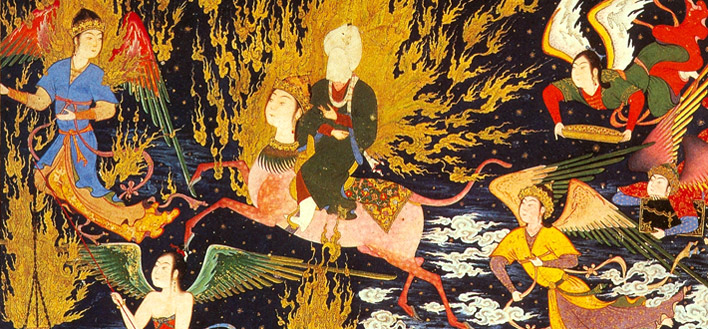
Muhammad the Unifier
Muhammad, was tasked to unite not only the Arab tribes, but, as he proclaimed again and again, anyone who believes in the One True God.
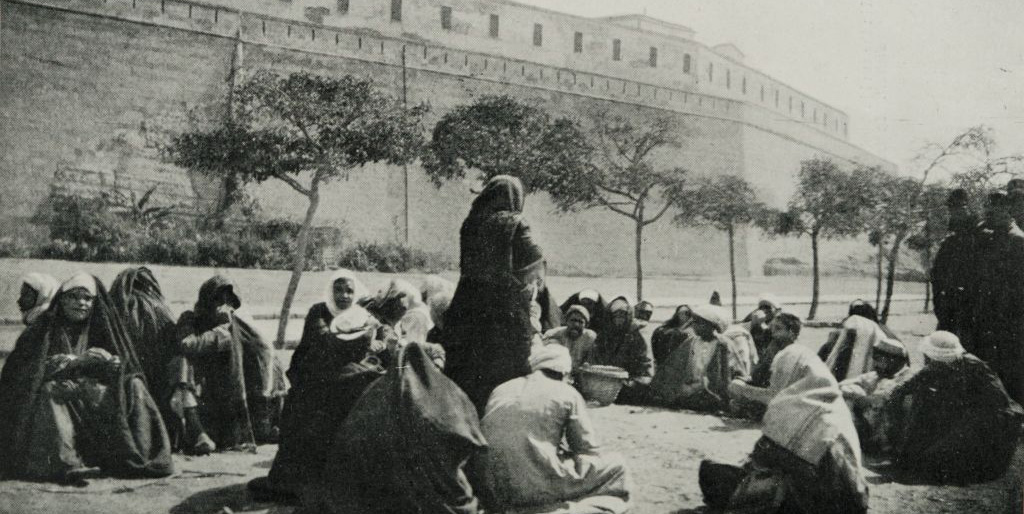
Moral and Social Reform
Muhammad was convinced that social reform must be founded on a new spiritual solution, or it would remain superficial.
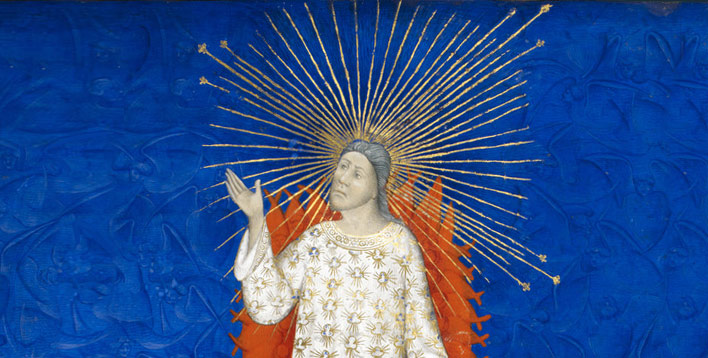
Judaism and Christianity in the Qur’an
“Islam, unlike any of its predecessors, insisted that truth became available to all peoples at specific times in their development; and that Islam, far from being a new religion, was no more and no less than the last in the chain of great religions addressed to the peoples of the world.” —Idries Shah, The Sufis
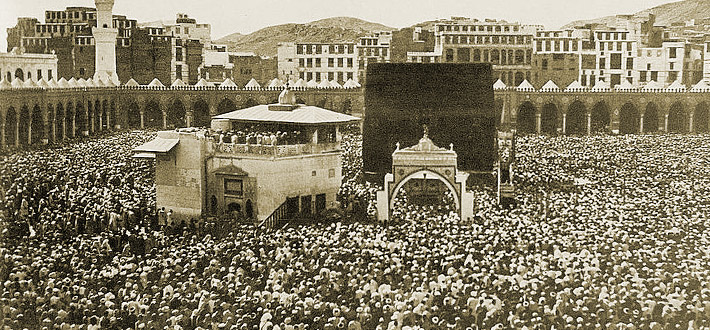
The Community of Believers
Just as the first followers of Jesus did not think of themselves as part of a new religion, the original community around Muhammad did not either.
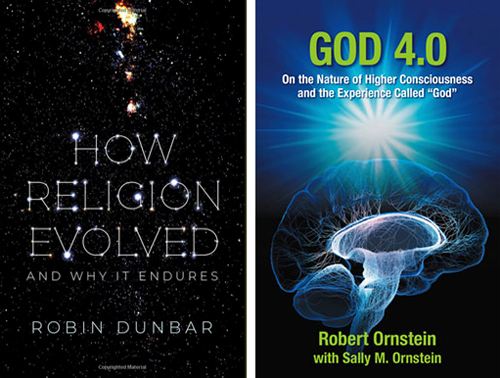
A Contemporary Look at the Nature of Religious Experience
Review by George Kasabov
Contributing Writer
People can persuade themselves of anything. Many believe that death is a transition to a transcendental world, that miracles occur through the will of God, or that our lives are ruled by immaterial spirits. How is it that, in our scientific age, when we have learned so much about the evolution of the universe and the nature of life, so many still cling to such beliefs? Why is it that faith – belief in the unprovable – is considered a virtue?
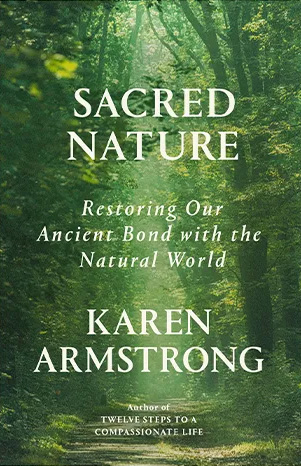
Returning to the Spirit in “Sacred Nature”
A review of Sacred Nature by Karen Armstrong
A staggering 33 million people have been internally displaced in Pakistan. Because climate change is likely to have played a role in the heavy rains, the displaced can be considered “climate refugees”— a term that the novelist Fatima Bhutto urges us remember, as we will all be impacted by climate change, and many of us will become migrants as a result, if we haven’t already.
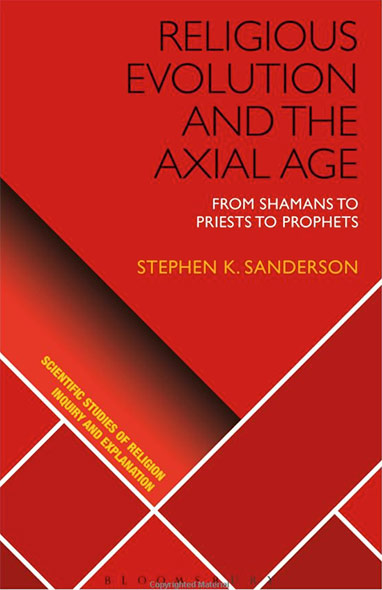
Religious Evolution and the Axial Age
From Shamans to Priests to Prophets
Hardcover edition 2018
Reported by Sally Mallam
Contributing Writer
Why are there are so many different types of religion and how and why has religion evolved over time? The answer lies in both our biological and our sociocultural evolution.
In the series: Ideas that Shaped Our Modern World
- Paleolithic Beginnings
- Connecting with the Gods
- Axial Age Thought
- Jesus: Origins of Christianity
- The Journey of Classical Greek Culture to the West
- Stories and Storytelling
- A Contemporary Look at the Nature of Religious Experience
- Returning to the Spirit in “Sacred Nature”
- Religious Evolution and the Axial Age
